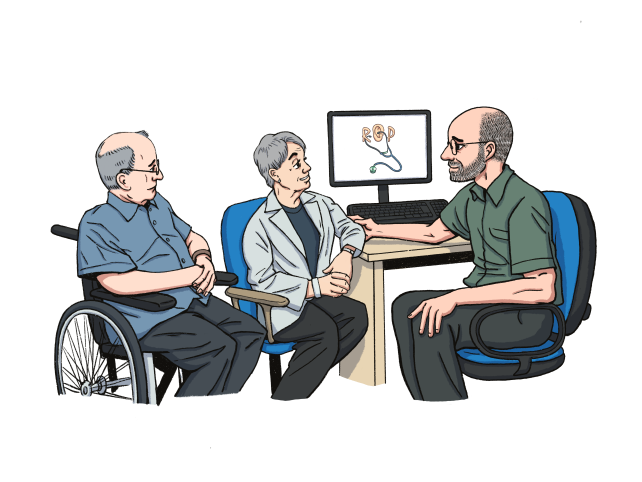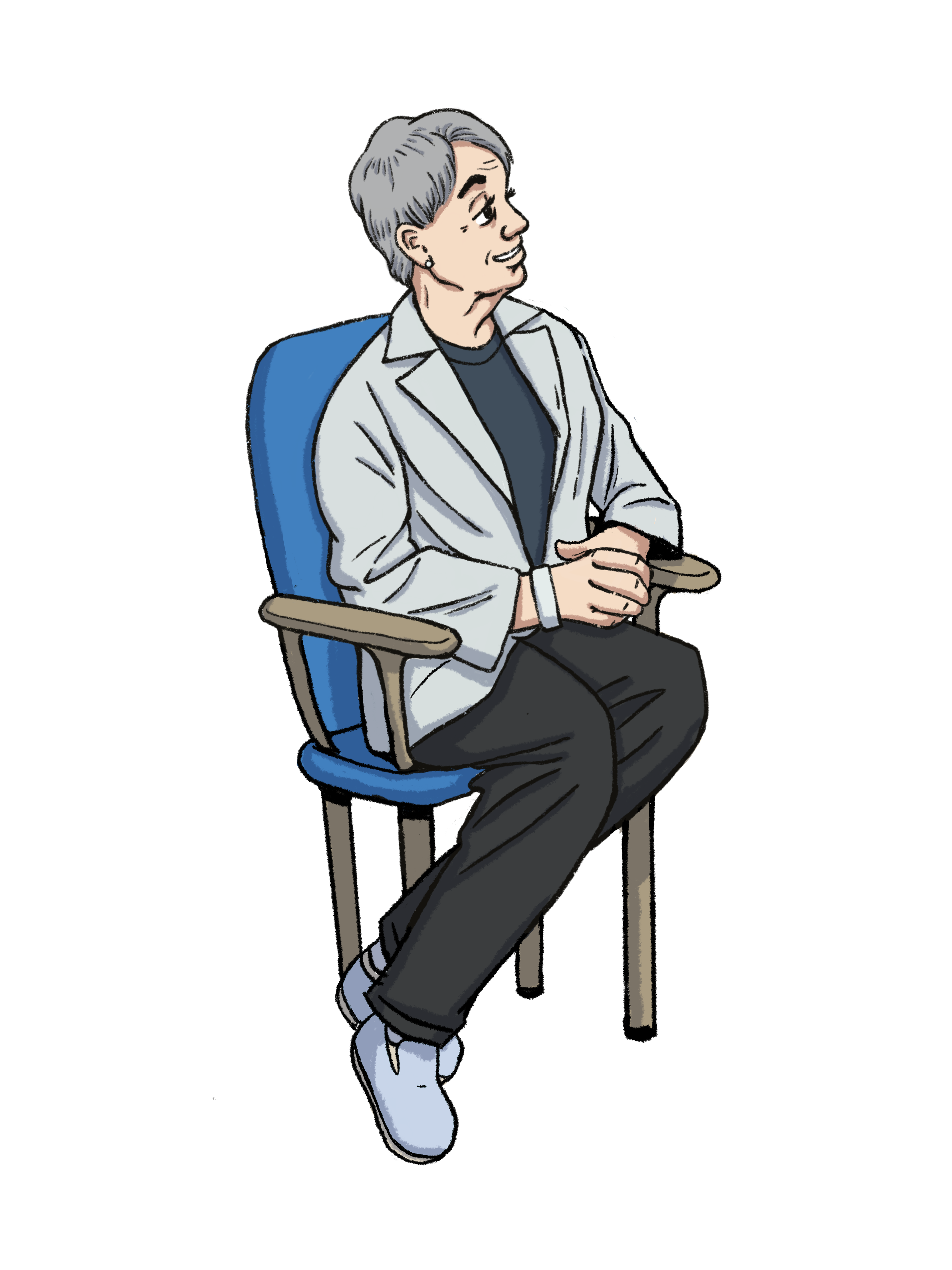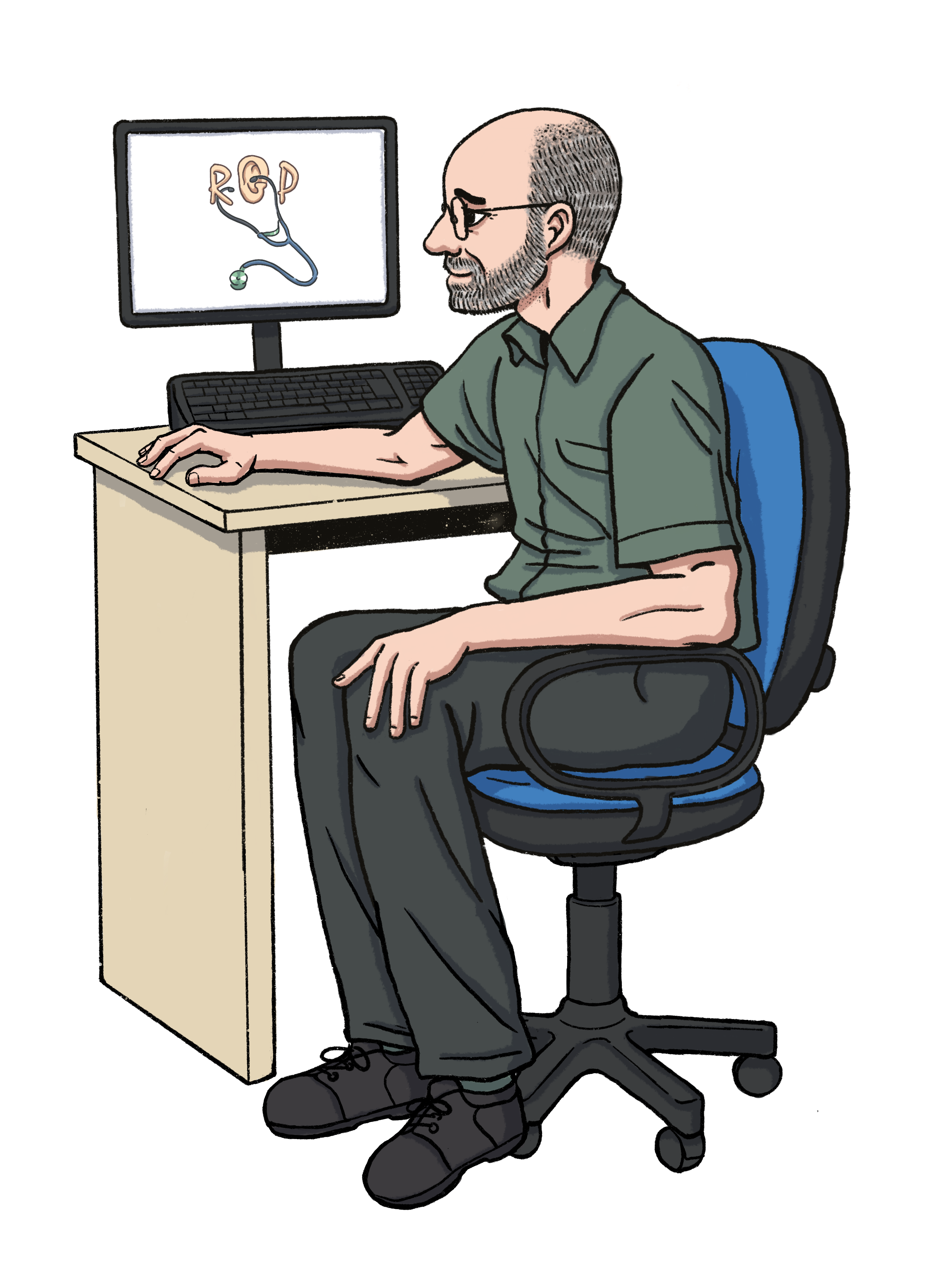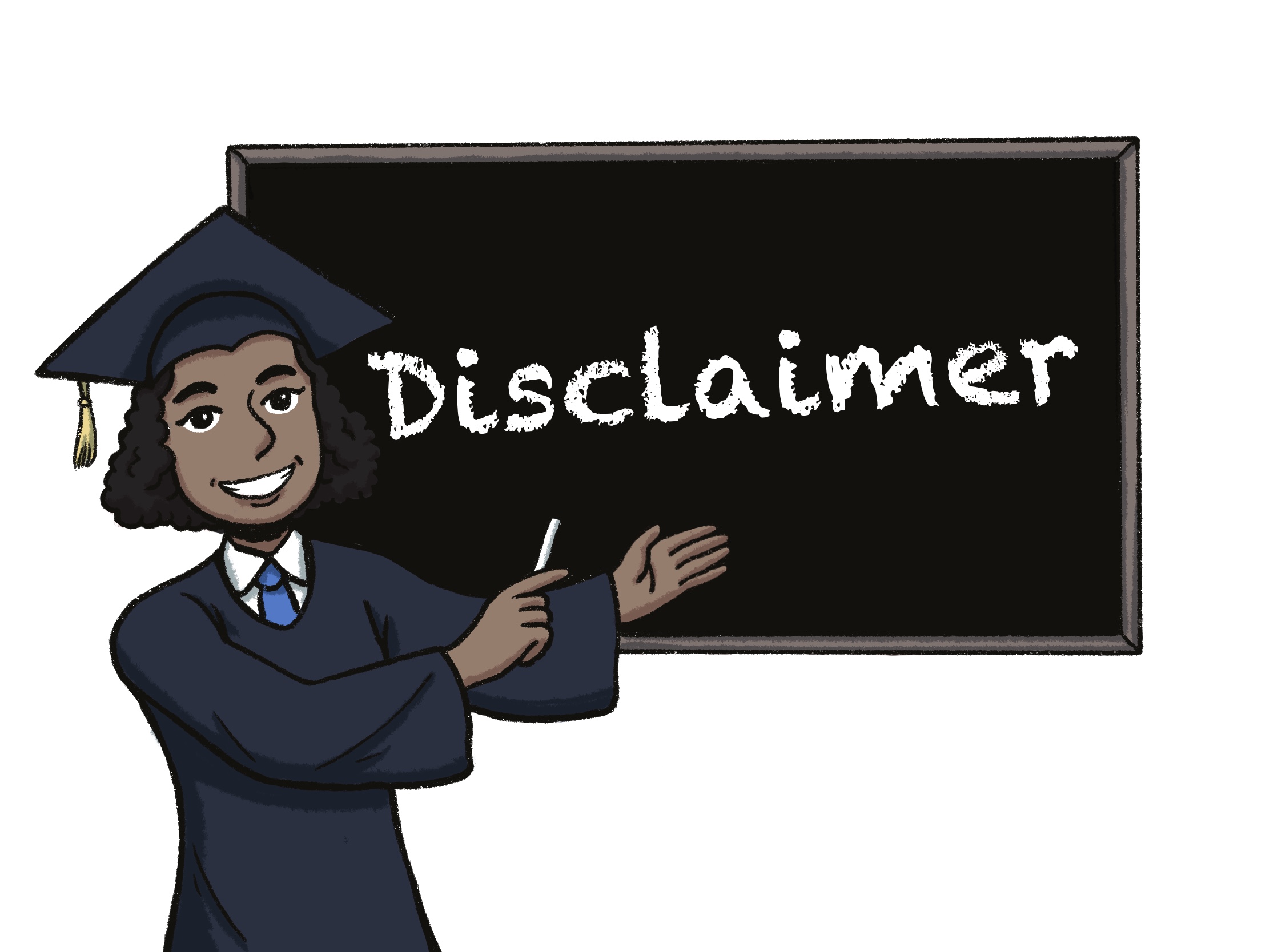Patient Resources
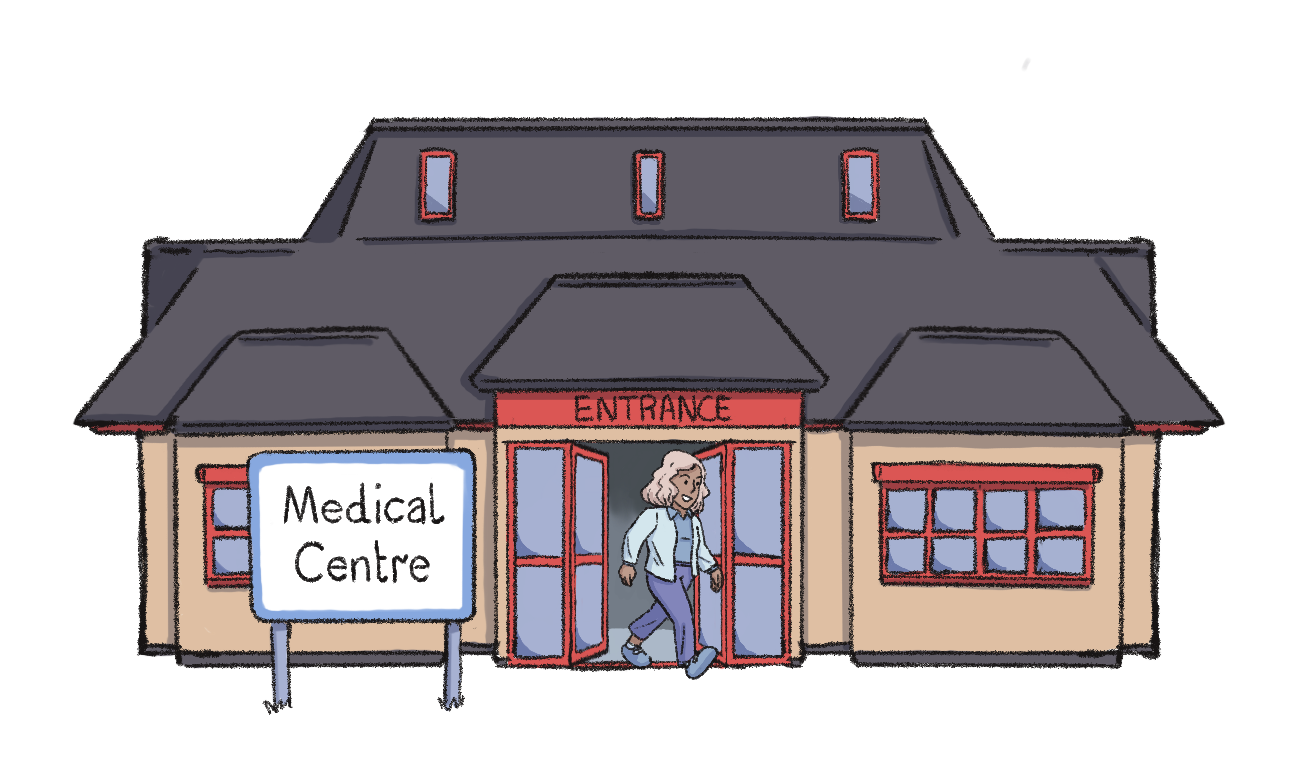
How often have you left the doctor’s surgery thinking that you haven’t had enough time to fully explore what is the best option to manage your problem? We are all individuals. We all make different decisions about what we are happy to do to keep healthy.
We still depend on doctors to help us to figure out what our illnesses are. And when we figure out what our illness is, we all need help to negotiate what types of treatment suit us best. What works best to help us to feel better or live longer? What are we prepared to do? Figuring all of this out takes time. Your 10 minute GP appointment rarely suffices. Let your doctor help you to decide what your problem is. Then, join me in bringing your choices to life.
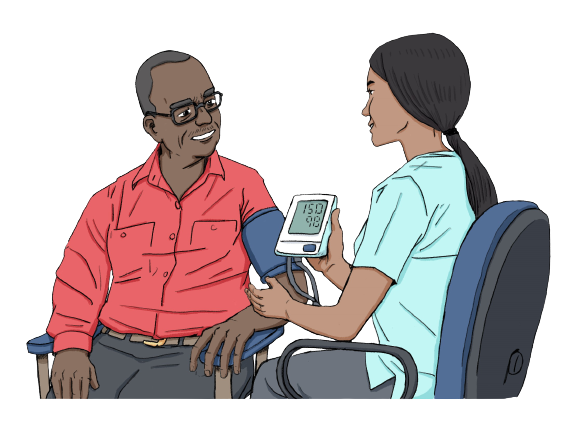
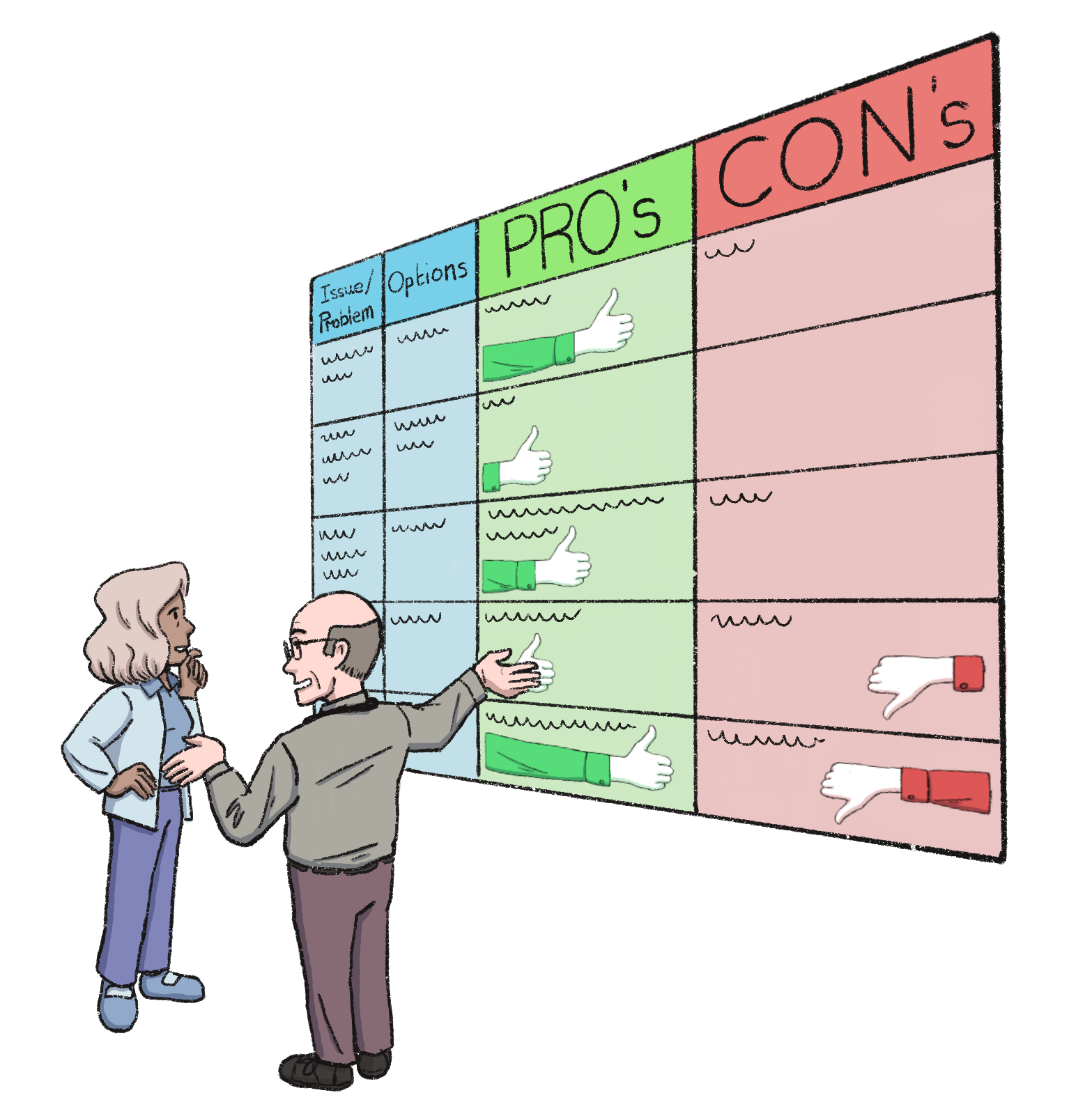
I’ve had conversations with some of my patients about their choices, based on what I have discovered about their circumstances, values, fears and wishes. I present viable options to them based on the things that matter to them. Together, the patient and I can tailor potential treatment options to their condition or problem. I present extra evidence to help you, the listening audience, to make decisions that might suit you too.
Most GPs will ask you to read more about your problem before deciding what to do, to make you feel better. My experience is that many patients struggle to bring their choices to life from written words. When I share these audio recordings with my patients, they quickly make their own choices, and usually they contact me by phone to take the next steps.

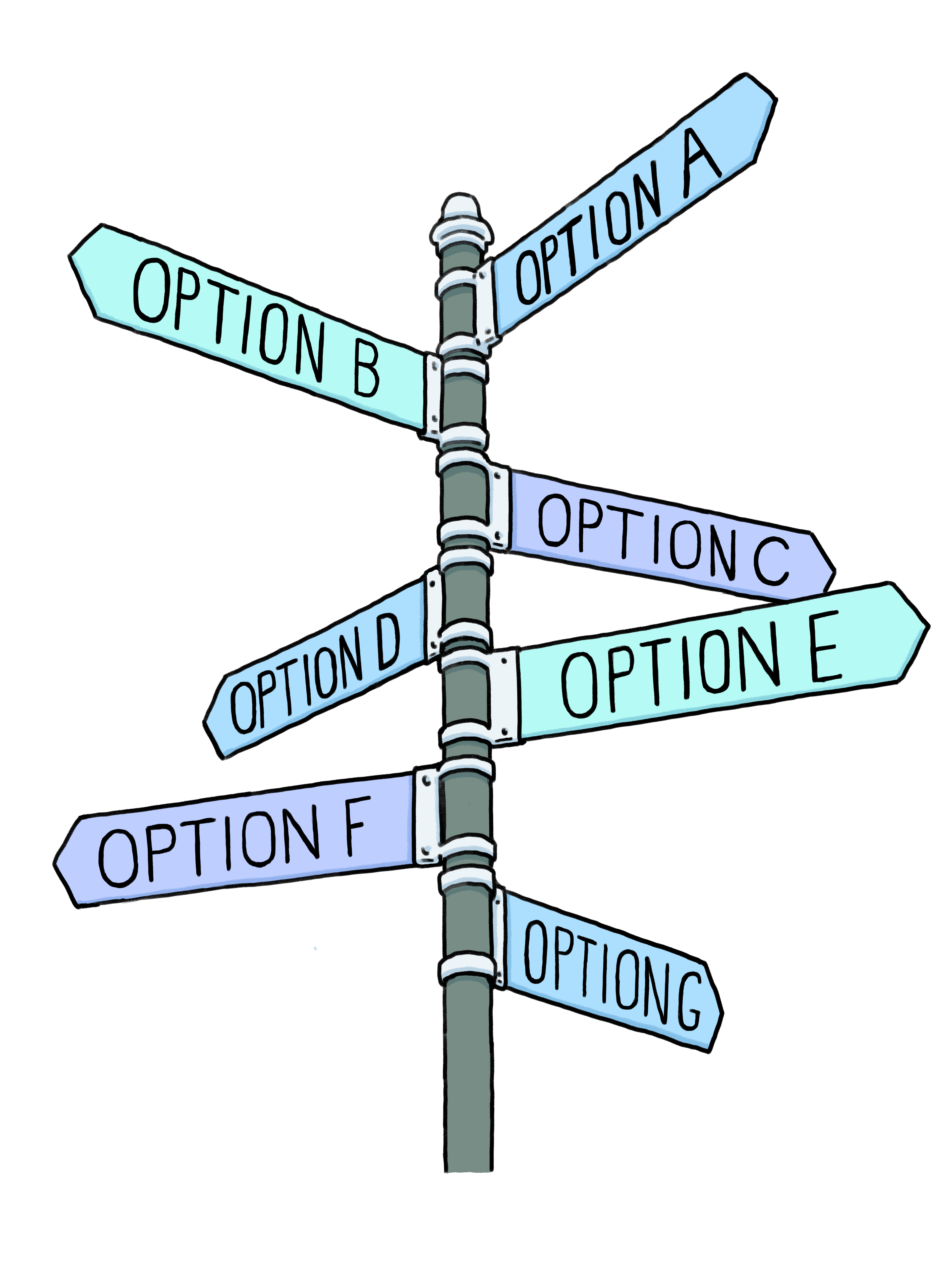
There is no single “best” option that suits every patient. Everyone is individual. There are many management choices available to patients. Each choice has it’s advantages and disadvantages. I have recorded conversations with real patients to help them, and you, to make a personal choice.
These audios are part of our Real General Practice project. Real General Practice aims to help GPs in training, and GPs, to improve their communication skills and their knowledge of how to to their job in the consulting room. Perhaps you could make a recommendation to your friends on social media to ensure that more patients get to access our shared decision making tools

Clinician Resources
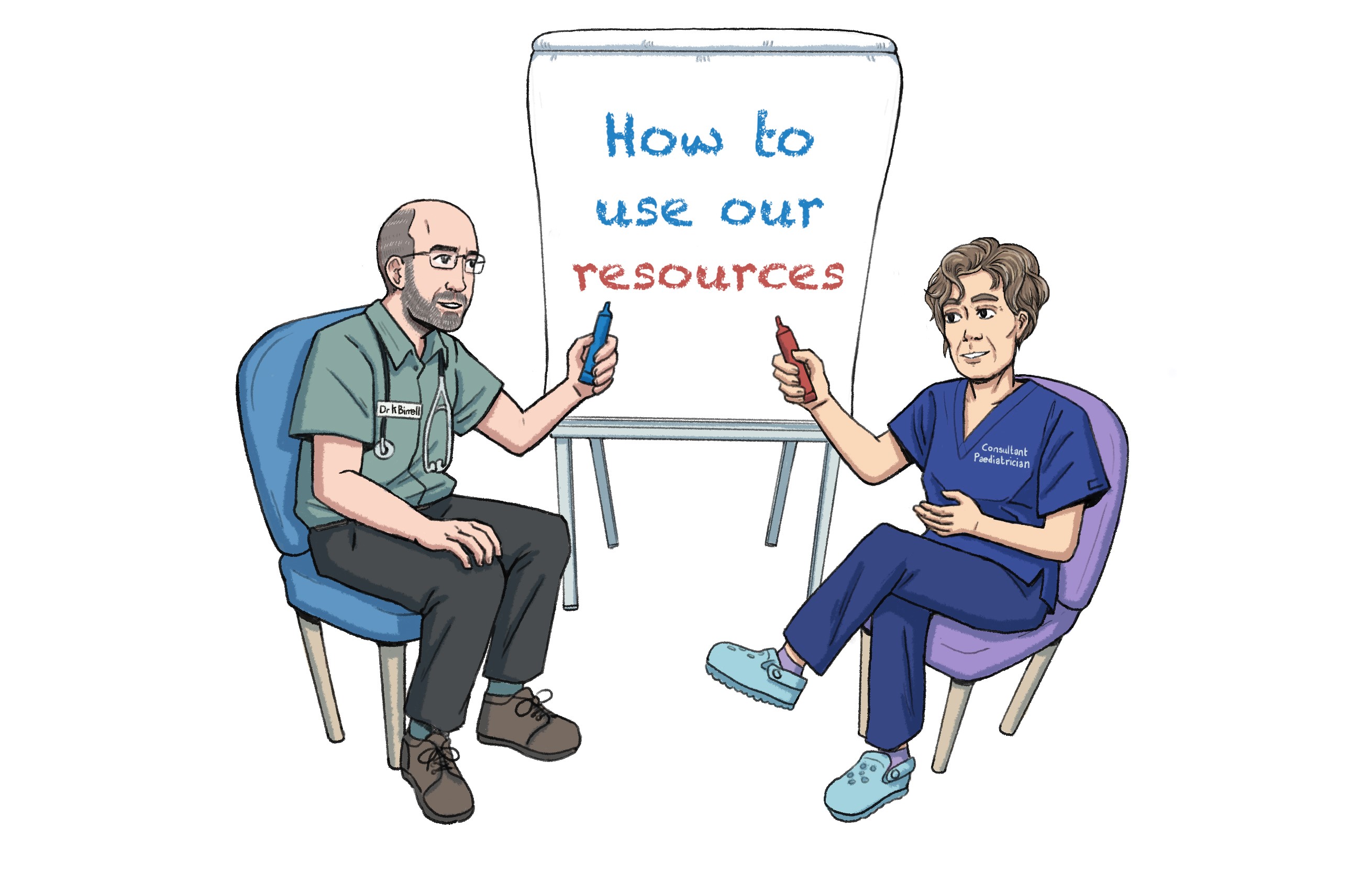
General practice training is largely an apprenticeship. One of the most effective learning techniques that we have in general practice is the see one, do one, technique that occurs in our shared surgeries. Shared surgeries allow GPs in training to acquire new knowledge and skills, and to give nuance to the way that they communicate with patients, as they learn from an expert. Having said that, there are experts and experts. As an experienced trainer, I myself continue to learn every year, of ways to improve my consulting skills and I have taken the opportunity, whilst organising this teaching program to refine my own skills and to improve the way in which I share decisions with my patients. I've been very fortunate to collaborate with two esteemed colleagues, who have both allowed me to record our teaching sessions. Malcolm Thomas and Dave Tomson both share their insights with us. Malcolm Thomas is the founder member of Effective Professional Interactions. He has held almost every GP Deanery role in the North East but now works full time teaching consultation skills. Dave Tomson is a GP in North Shields. He has a career long interest in the nature of the consultation and in communication skills. He has produced some ground breaking materials to put patients in a more powerful position to make more appropriate shared decisions in health care. These MAGIC materials are available via patient.info/doctor/decision-aids.
You may have your own preferred learning style but I would encourage you to step out of your comfort zone. Educational theory tells us that challenging yourself with these different techniques will push you to improve. Role-play is not everybody's cup of tea but your exam is a role-play. Becoming comfortable with role-play is in your interests.

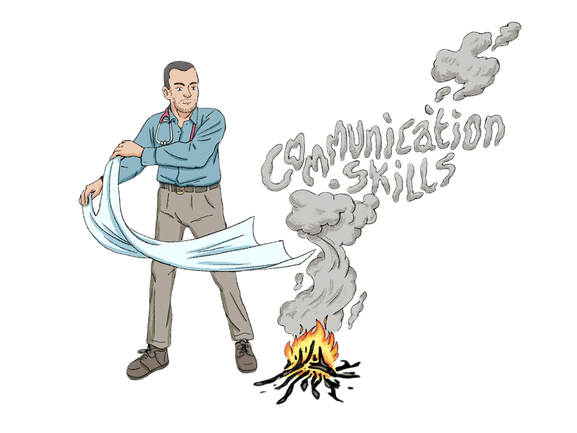
Our multimedia materials will allow you to access training, which will be relevant to you as a GP registrar, a medical student or a jobbing GP. Many of the materials that we produce will also be useful to your patients. As busy GPs your time is rationed. Patients’ decisions are becoming increasingly complex. Allowing patients to make informed decisions takes time. It’s important that patients can access materials to help them to make informed decisions, and that that information should be up-to-date and accessible to them. Please feel free to signpost your patients to our materials. These are freely available at realgeneralpractice.org. These patient decision aids are available in multimedia formats and we have recorded audio clips of extended decision option discussions for some of the conditions.
These extended decision option recordings are to allow patients to have a better idea of the pros and cons of some of the options that are relevant to them for each condition. Whilst recording these audios, and whilst teaching our patient decision options workshop, I reminded myself of how time-consuming it is, to go through all the pros and cons that are relevant to any individual patient. These audios are available to patients, to access themselves via realgeneralpractice.org. I would encourage you to signpost patients to these during your consultations. Then ask them to contact you on the phone to ask for your help to move forward with their decisions.


Real general practice is designed to help you to acquire the skills and knowledge necessary for you to pass the clinical skills assessment exam. It will demonstrate to you: how busy GPs incorporate up-to-date knowledge and evidence based, patient-centred practice into their consultations. CSA candidates and medical students will often prefer to use our material in study groups, with or without the support of a trainer. Busy GPs can bring themselves up-to-date listening to audio material on their smart phones wherever and whenever they feel so inclined.

